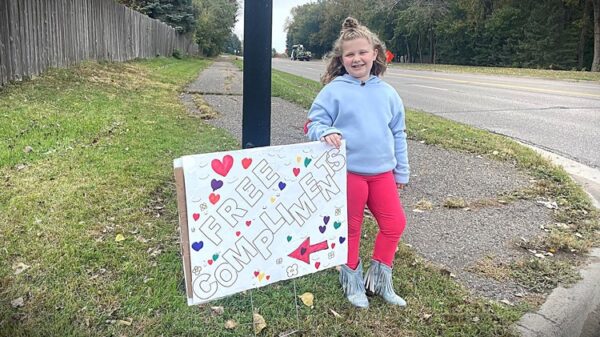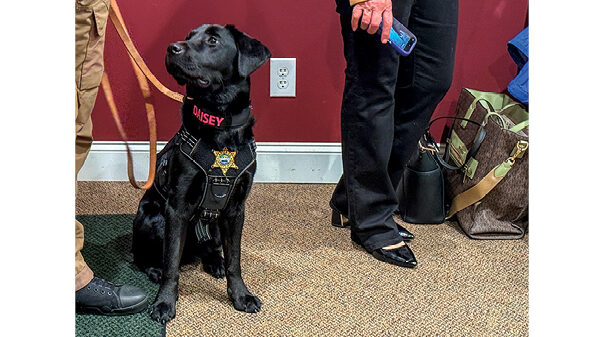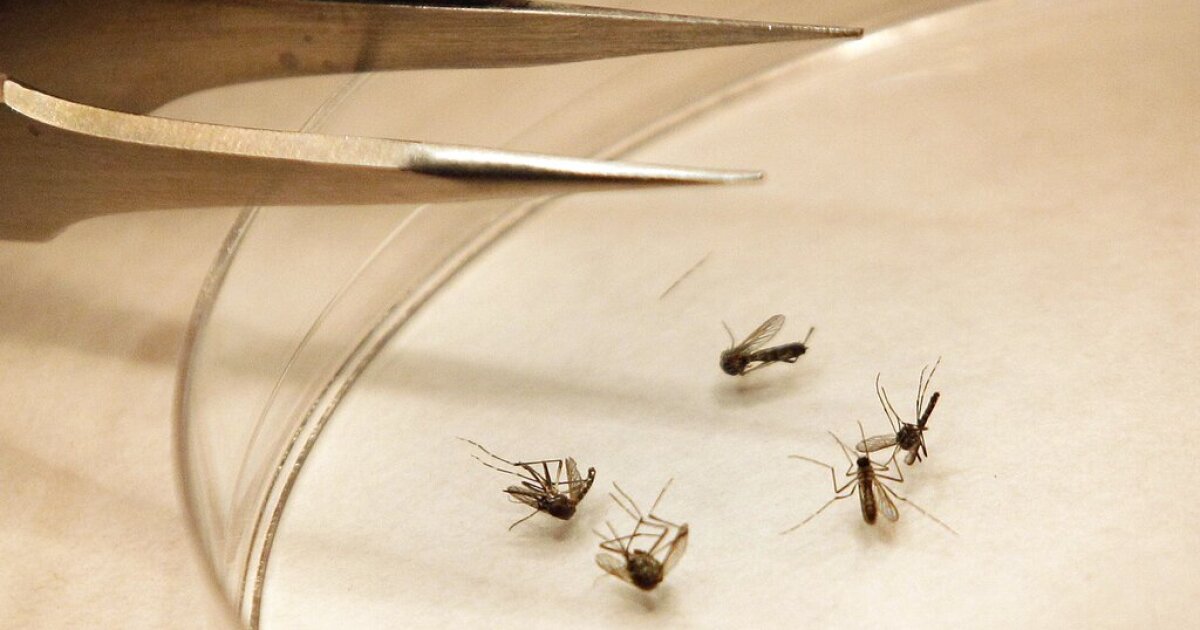Nashville has reported its first human case of West Nile virus in nearly two years, raising alarms among health officials. The infected individual, residing in South Nashville, tested positive for the mosquito-borne virus last week, according to Metro Nashville Public Health. Due to patient confidentiality, further details about the case have not been disclosed.
The presence of the virus appears to be widespread in the area. Health officials have confirmed that West Nile-positive mosquitoes are being found in 27 out of 32 monitoring sites throughout the city. “Every week, our team goes out to 32 different sites across the city,” stated health official Peters.
Understanding the Risks and Historical Context
Most individuals infected with West Nile virus may not exhibit any symptoms. For those who do, symptoms typically mimic a common cold. Severe cases, however, can be life-threatening, necessitating serious attention from health officials. “In rare cases, it can lead to death. That’s very uncommon, but it can happen,” Peters added.
The largest outbreak of West Nile virus in Middle Tennessee occurred in 2002, resulting in several deaths, predominantly in West Tennessee. During that outbreak, Metro Nashville implemented spraying in neighborhoods to control the virus’s spread; however, that practice has ceased in recent years.
Preventative Measures and Community Education
In light of the recent case, Nashville’s public health officials are focusing on community outreach and education. Peters explained, “If West Nile virus appears in any of those traps, then we go to that community and directly inform all the homes in that area about what we found and how they can protect themselves.”
Residents are encouraged to take several preventative measures, particularly when spending time outdoors. Eliminating stagnant water on properties is essential, as these areas serve as prime breeding grounds for mosquitoes. Furthermore, using mosquito repellent containing DEET can provide effective protection.
Peters emphasized that outdoor activities should not be curtailed due to West Nile concerns but instead encouraged appropriate precautions. “We want to reduce that threat as much as we can,” she stated. The mosquito threat is expected to persist until the first freeze of the season arrives, which will eliminate them.
For those who suspect they may have contracted West Nile virus, medical professionals can provide testing. As it is a viral infection, treatment focuses on symptom management while the virus runs its course.
Residents are urged to stay informed and proactive in minimizing risks associated with West Nile virus. For further information or to share personal experiences regarding the virus, individuals can contact journalist Chris Davis at [email protected].




































































